Who can see your post?
Your post will show up in News Feed, on your profile and in search results.112,066 Global O'Connor Family Members
| Days | Hours | Minutes | Seconds |
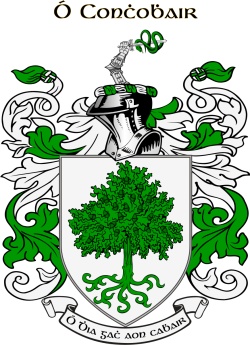
Sunday 9th February
2pm (New York), 7pm (Ire)
| Days | Hours | Minutes | Seconds |

Sunday 9th February
2pm (New York), 7pm (Ire)
Our in-person family gatherings
Our TEDx talk about family gatherings
O'Connor Family History
Ó Conchobhair- Ó Conchubhair is added by Woulfe in 'Sloinnte Gaedheal is Gall'(1923) and he gives the root as the name Conchobhar meaning 'high will' or 'desire'. The name has been anglicised as O' Connor, Connor, Connors.
MacLysaght in 'Irish Families' (1982) says this is 'perhaps the most illustrious of all Irish surnames'! Just expect some dissent from O' Neills, O' Briens, O' Sullivans, MacCarthys and MacMahons et al.
The name O'Connor has an extraordinary involvement with the vicissitudes of Irish history. However, the surname developed independently in different parts of Ireland, and like O' Neill, is not from one eponymous ancestor.
The most famous O' Connor family is arguably the Connacht family, which divided early on into three branches: O' Connor Donn, O' Connor Ruadh and O' Connor Sligeach, that is, the Brown, the Red and the Sligo O' Connors. These families descend from Conchobhar, the King of Connacht in the 10th century. In fact, Turlogh Ó Conchobhair (1088-1156) and Ruadhrí Ó Conchobhair (1116-1198) were the last High Kings, Ard-Rí, of Ireland before the ravages of the Cambro-Norman, Plantagenet sponsored, invasion beginning in 1171.
Several bearers of the name, particularly O' Conor Don, remained culturally influential, and still Catholic, throughout the period of English domination, and held offices in later times in Ireland, such as Charles Owen O' Conor, President of the Royal Irish Academy, in the latter half of the 19th century. The 'O' Conor Don' is one of the Chieftainships recognised by the Genealogical Office in Dublin.
Quite disparate are the O' Connors of Offaly who claim descent from the legendary 2nd century king of Ireland, Cathaoir Mór. Actually their surname derives from a Conchobhair macFionn, lord of Offaly, who died in 979. Certainly they vie with the Connacht family above for star position, as they were a dauntless enemy of integration into the English world of the colonists of 'the Pale'. They were finally stripped of their power in the reign of the English Catholic Queen, 'Bloody' Mary, every inch as much an imperialist as her Protestant successor, Elizabeth.
The O' Connors of Kerry gave their name to the Barony of Iraghticonor, and lost territory piecemeal, at first to the Cambro-Norman invaders of the 12th/13th centuries, and finally to the Elizabethan conquistadores. Their fastness was at Carrigafoyle.
Then there are the O'Connors of Corcomroe in West Clare. They descend from Conchobhar, lord of Corcomroe, who was killed in 1002. It was at the end of the Elizabethan 'Golden Age' (not particularly 'golden' for Gaelic Ireland) that this family were dispossessed.
Lastly, the O'Connors of Co Derry, lords of the Barony of Keenaght, were usurped, not by foreign invaders, but by the Ó Catháin (O Cahan, O' Kane) in the early Middle Ages.
The 1659 'Census' of Sir William Petty bears witness to their presence as a 'Principal Irish Name'. Taking the Connacht family first:
in Co Sligo, Corenn Barony, 5 Connor; Tyreragh Barony, 7 O Connor; in Tirerill, 6 Connor.
In Co Roscommon, and the barony of that name, 28 O Connor; in Ballintobber 34 O Connor; in Boyle 11 O Connor.
In the 1659 'Census' there are families scattered throughout Co Offaly, e.g. 19 Conner in Coolistowne Barony, 4 Conner in Ballyaboy, 5 in Geshell & c. Likewise in baronies in Co Leix, such as 7 McConner in Ossery, 10 Conner in Cullenagh, 9 Conner in Portnyhinch, 7 Conner/McConner in Tynahinch & c. This would be the second family mentioned above.
Similarly in Co Kerry, 25 O Connor families appear in the 'Census' for Trughanach Barony, 25 O Connor in Iraght I Connor and 13 O Connor in Clanmorice.
In Co Clare, 24 Mc & O Connor families are recorded in Tulla Barony, Co Clare; 11 McConnor and 13 O Conor found in Inchiquine; and 17 'Connor Mc & O' in the Island Barony; 24 O Connor in Corcomroe; 14 Connor in Moyferta; 5 Connor in the Burren; 11 Connor in Ibrickayne/Enish.
As far as the Derry O' Connors are concerned, there are none in 'Kenaght' Barony in Co Derry, however, in 1659; whereas there are 36 families of O' Cahan! There are 6 families of McConnor in Loghinsholin in that county, and no more to be found.
5 Connor families appear in Ophaley Barony in (west) Kildare, 12 in Clane and 8 in Salt in the same county.
By the time of Griffith's 'Primary Valuation' of households in the 1850s, the top 5 counties for O' Connor are: Clare 116, Sligo 99, Kerry 101, Cork 74, Galway 60.
The 1890 births registers show that most O' Connors were born in counties Clare, Kerry, Galway and Cork. It is listed as the 9th most numerous surname in Ireland in 1890, from that record.
Two notable O' Connors:
Rory O' Connor (1883-1922) a leader of the dissenting republicans post Treaty. Executed in reprisal for the killing of TD Sean Hales, on the orders of Kevin O' Higgins, who had appointed O' Connor to be his best man the year before.
Denis Amar O'Conor Don (1912-2000) Genealogist, born in London; claimant to the High Kingship of Ireland(!). He inherited the designation from his second cousin.
Pat Carey
Select Audience
-
Public
Anyone on or off Wales101 -
Friends
Your friends on Wales101 -
Specific
Only show to some friends -
Only me
Only you can see your post
Tag People
-
Kane William
-
John Micky
-
John william
-
John Smith
-
John
Create Life Event

Peter Whitson

Peter Whitson

Peter Whitson
????????????????????????????

Kali

Burns
My name is Mary Therese Burns, if those who read could kindly help me find a Beloved friend, David O'Connor, who I know from having lived in Italy, in the Rome area for many years, and we met long ago, he has returned to the New York area in 2023, I believe, ans I am very sad, having missed him for so long, wish to find my friend again, who I believe, is in New York's Long Island. I saw him from afar in Bologna, Italy and on a few occasions in Rome over the years, though really met him as my driving instructor in the Sabine Hills, north of Rome, Italy. In believe he may have been born in Britain. I do very much miss him, please help me find him again, my email is here, I am on LinkedIn and Facebook, please contact me, friend, life is not the same without you, I am ill without you, hoping to heal and return in contact with you, David O Connor, Beloved friend, much missed, forever in my heart.Maanent cuorem nostram....?

Samantha O'Connor
My great-grandfather immigrated to the U.S. when he was two and my grandfather was born in the U.S. in 1917.
I know my brother once went through Ancestry and was able to trace the O'Connor side of our family through the late 1700s, which I always thought was really neat. I'd love to connect with any cousins and distant relations. ??

Peter Whitson
Our family is an ancient and rightfully proud bunch. I am sure glad those 7 kids got swimming lessons!
https://archive.org/details/americanfamilyan00well/page/n347/mode/2up???


Peter Whitson

Matt Oconnor
my name is Matt O'Connor. My great grandfather, Jeremiah Patrick O'Connor left dingle around 1890 and emigrated to Springfield, ma. My grandfather and my father George O'Connor were both born and raised in Springfield, ma. I'm looking to see if I can connect with any family members for the dingle/blasket islands area??

Peter Whitson
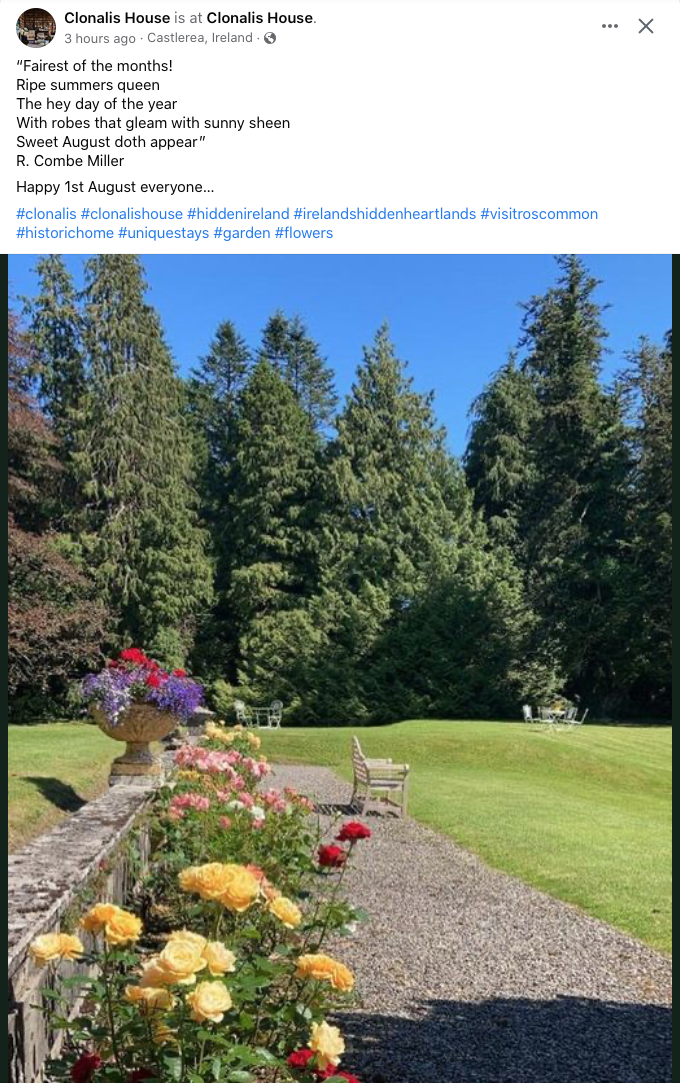

Peter Whitson
??
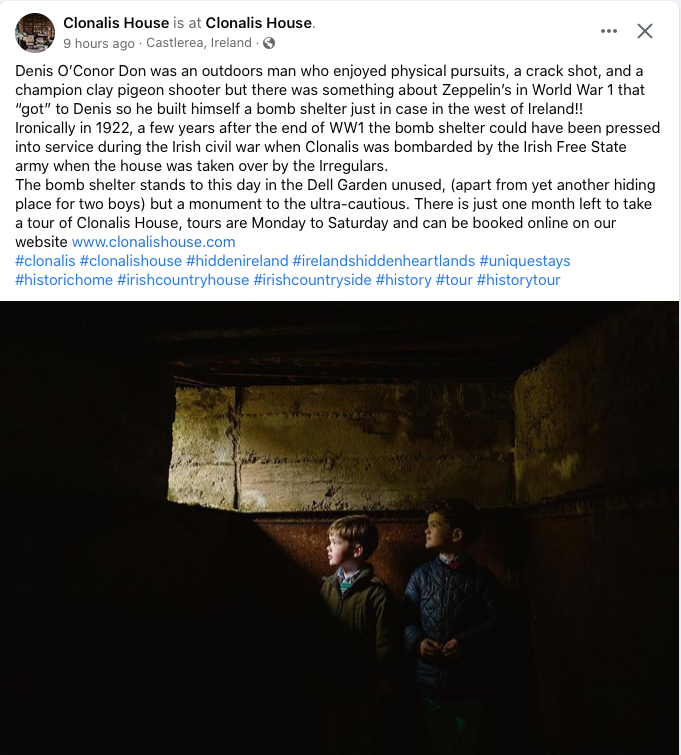

Raymond PEERS

Peter Whitson
Amongst other topics, we will propose 'in-person' gatherings. Let's find out if there is enough interest to offer and plan an O'Connor/Connor 'REAL'? gathering in Ireland!!!

O'Connor

Peter Whitson

Peter Whitson
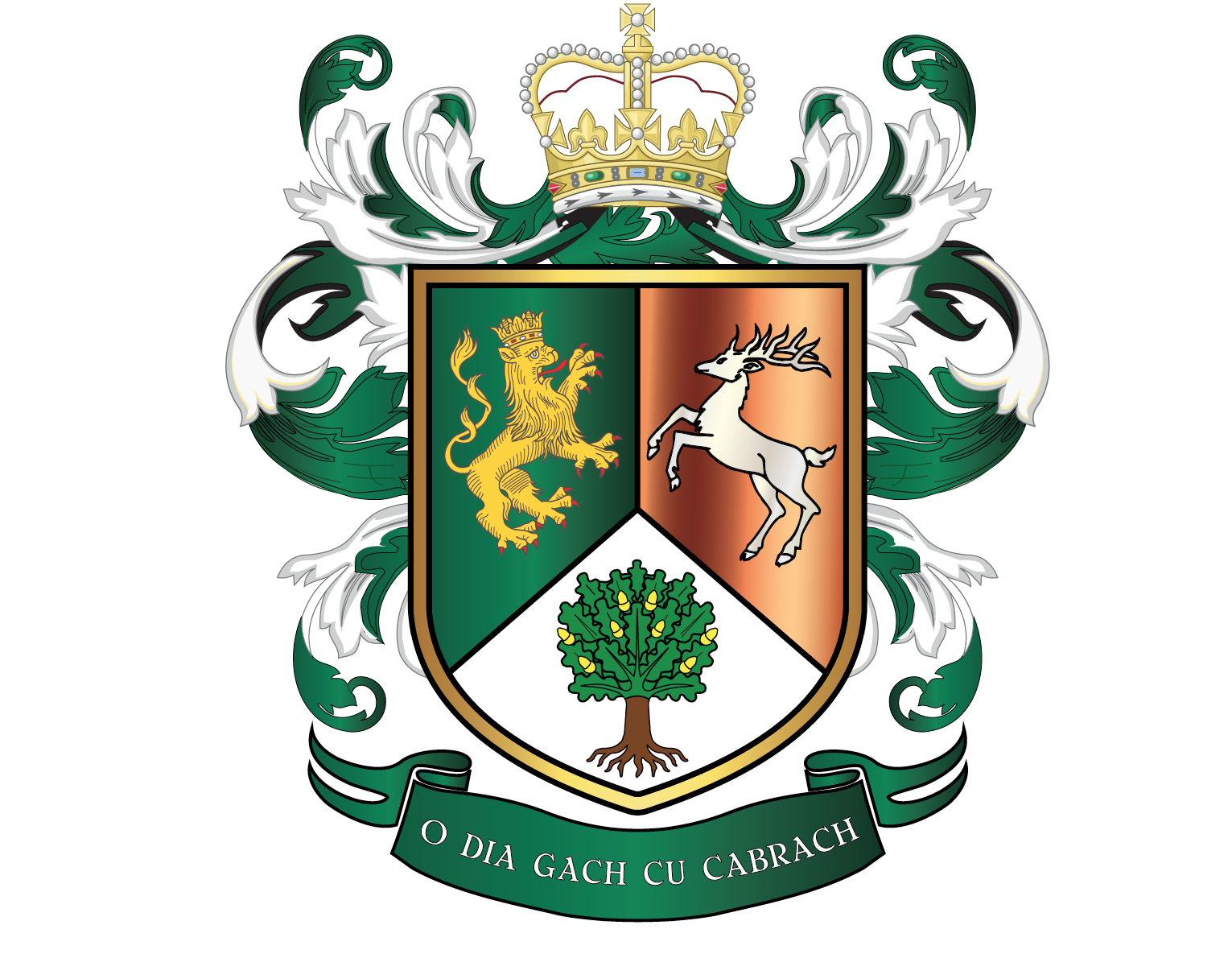

Peter Whitson
https://www.youtube.com/watch?v=HxivGM_LESk
Pete Whitson???

Peter Whitson
I am sorry that I wasn't paying as close attention as I should have been when I scheduled a 'chat' for today. I went on-line just in case someone else shoed up.
Happy Easter to all! Hopefully everyone will make the next gathering on Sunday, April 23rd.
Pete?? ??

Peter
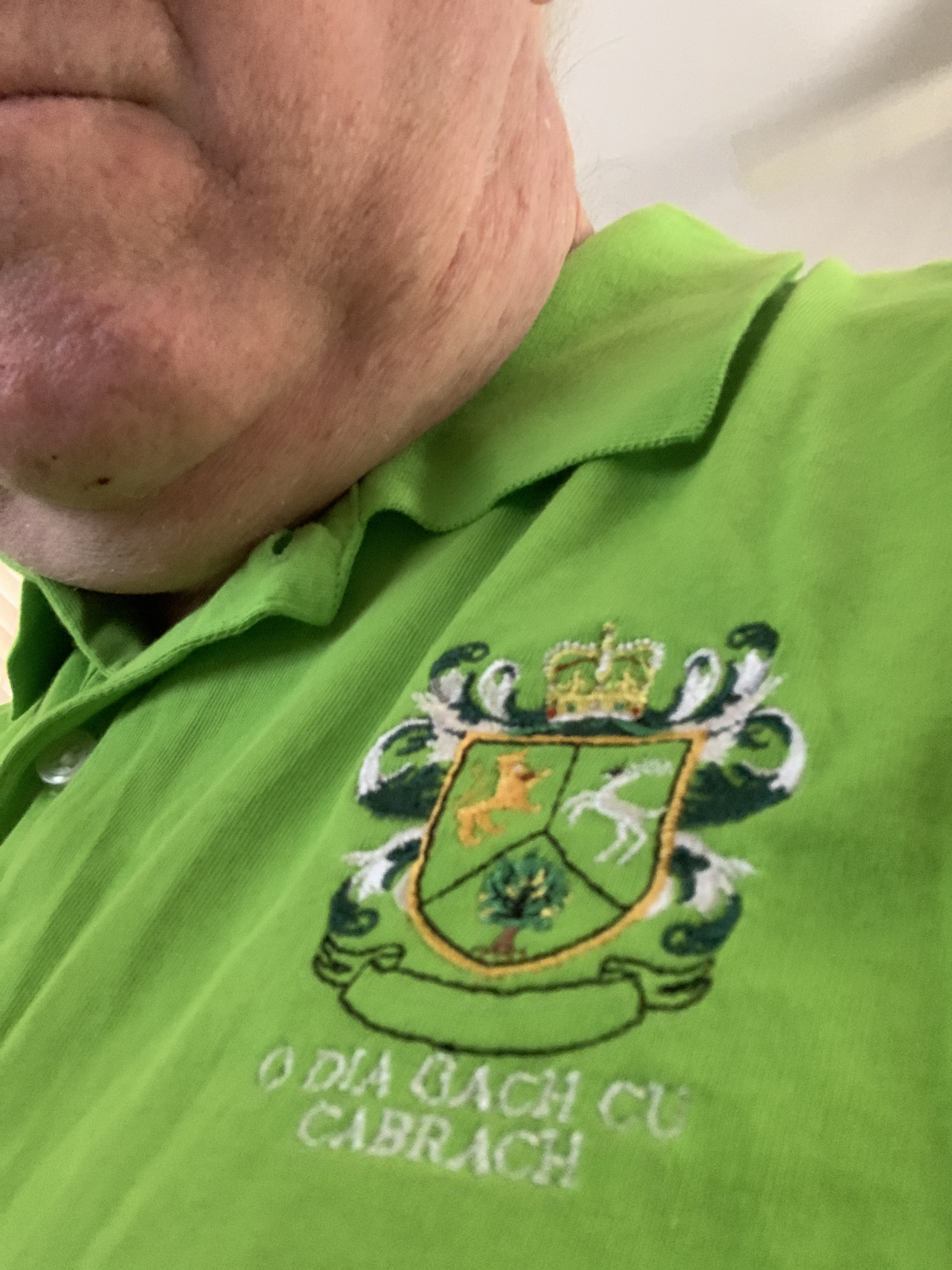

Peter Whitson
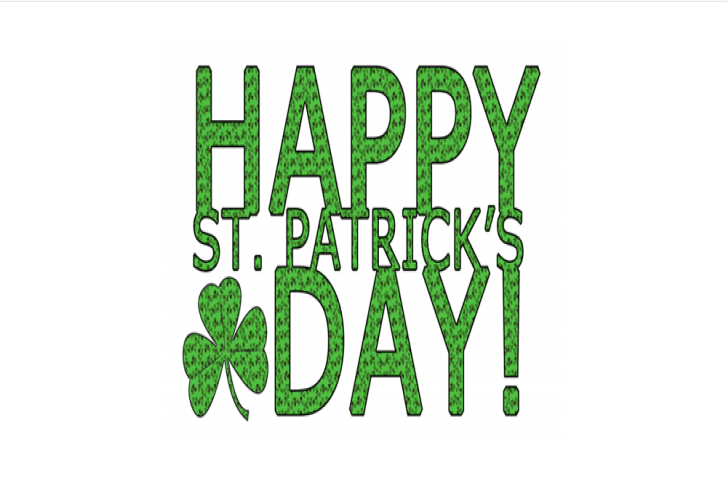

Sean Connor
I am Happy to Join this group, with hopes of tracking ?my family hisory. All I was told when i was younger was one of my Grandfathers or
?Great Grandfathers came over from somewhere in Ireland and when they got to the U.S. they dropped the O
on our surname so ?not to be found out they were from Ireland. So we grew up with the last name of Connor.
I would like to connect some of the dots back to Ireland. I am heading to Ireland tomorrow on a group tour and would love to check out a Shamrock Rovers game if possible. If anyone is in the Dublin area and can point us in the right direction to check out a match.
Thanks
Sean???

O'Connor
I am Lyndsay Ní Conchobhair (O'Connor) and am one of your family that is still here holding the fort in Ireland awaiting the return of clans. I am one of the leaders of our online group and am currently the Tanaiste (vice Cheiftan) of our online group with our Cheiftan Pete (Connor) Whitson.
Our group is a little different as the O'Connor/Conner's are infact 5 clans that are coming together and uniting the Tribe for our ancestors. We are the Descendants of the 5 Conors of Hibernia/Eire/Ireland. Some of us will know the clan they come from and some of us won't. We are a Unity Tribe so come along and find your clan within our Tribe.
Now a little about my own link to the O'Connor surname. I have traced my family back to my gg Grandparents Jeremiah O'Connor and Mary O' Mahony from county Cork. Their son my g grandparents Michael O'Connor met his wife Kathleen Moody/Coonan from Co Kildare and eventually moved their family to the UK leaving my grandfather here in Ireland, their eldest son was my granda Jeremiah (Doc) O'Connor and I was blessed to have been rared in his home and got to call him Daddy and I still carry his surname with pride. Below is a photo of Michael, Kathleen and Jeremiah O'Connor (my great grandparents and my granda).
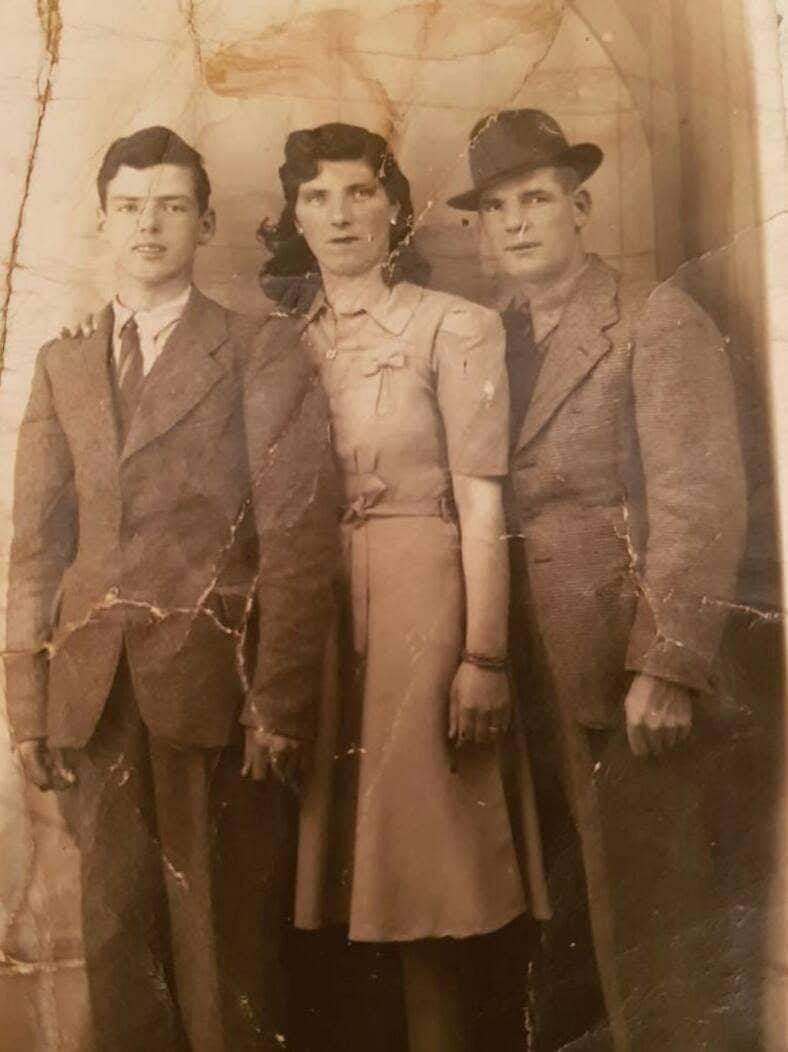

Peter Whitson
Cousin Peter Whitson??

Peter Whitson
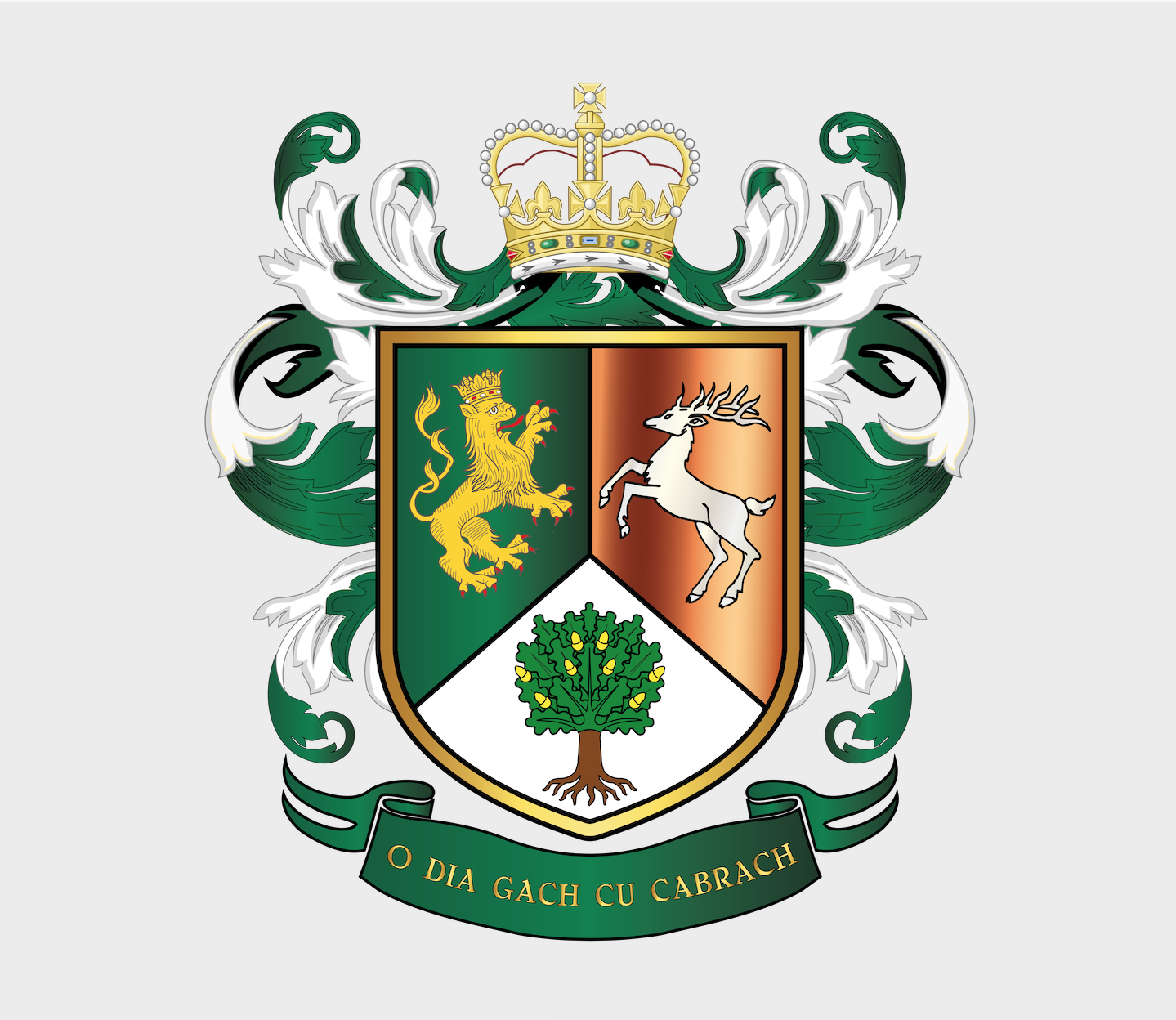

Peter Whitson
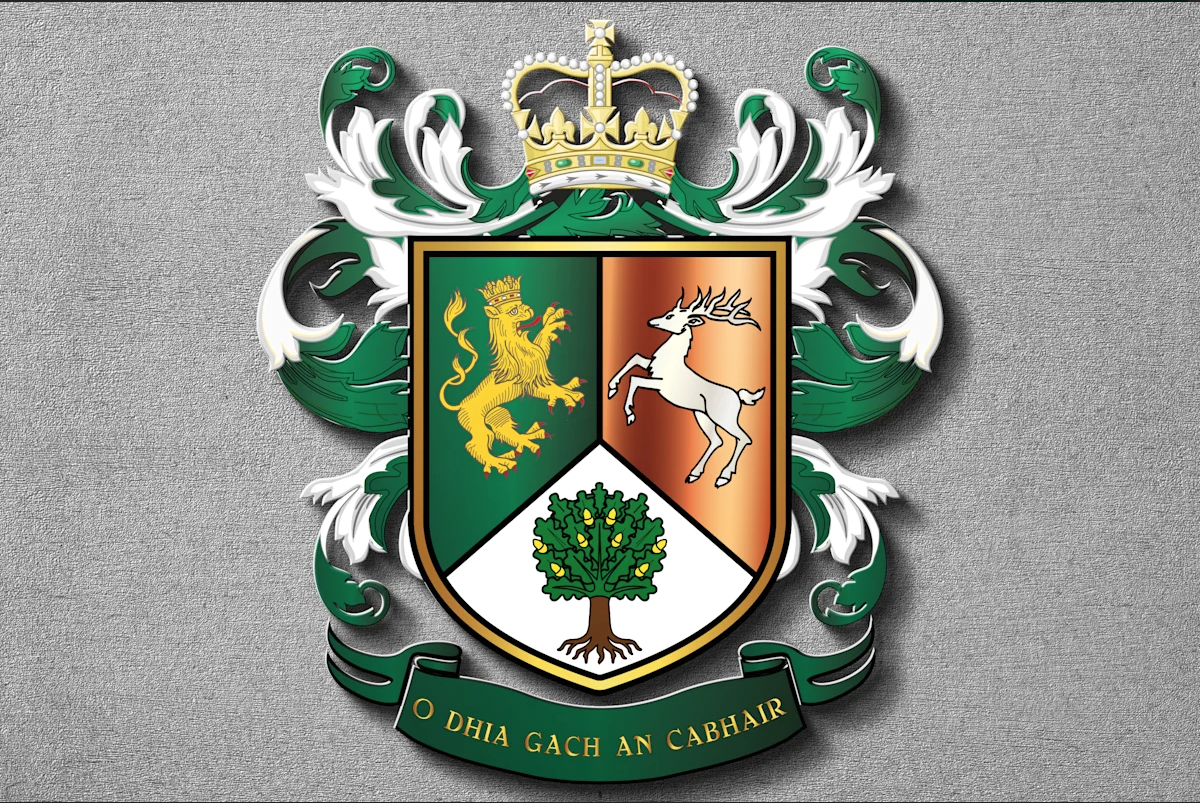

Pete Whitson
As of 11.33 US Eastern and 16.33 Irish time here is our Crest. I will describe the changes which are in progress. Starting at the top, The knight's helmet will be replaced by a golden crown. That one should be obvious as to why. On the shield (thanks Lyndsay) from left to right there will be a green background with a golden two-tailed lion wearing a crown, facing the center. Below will be a white background holding an oak tree with acorns, and on the right will be a copper-colored background holding the defiant silver stag. At the bottom, on the scroll, will appear the tribal motto, "O Dhia gach an cabhair" on the green scroll in gold lettering. We had a time constraint to get this done without losing payment. It's the best I could do and I think IT WILL ROCK!!!
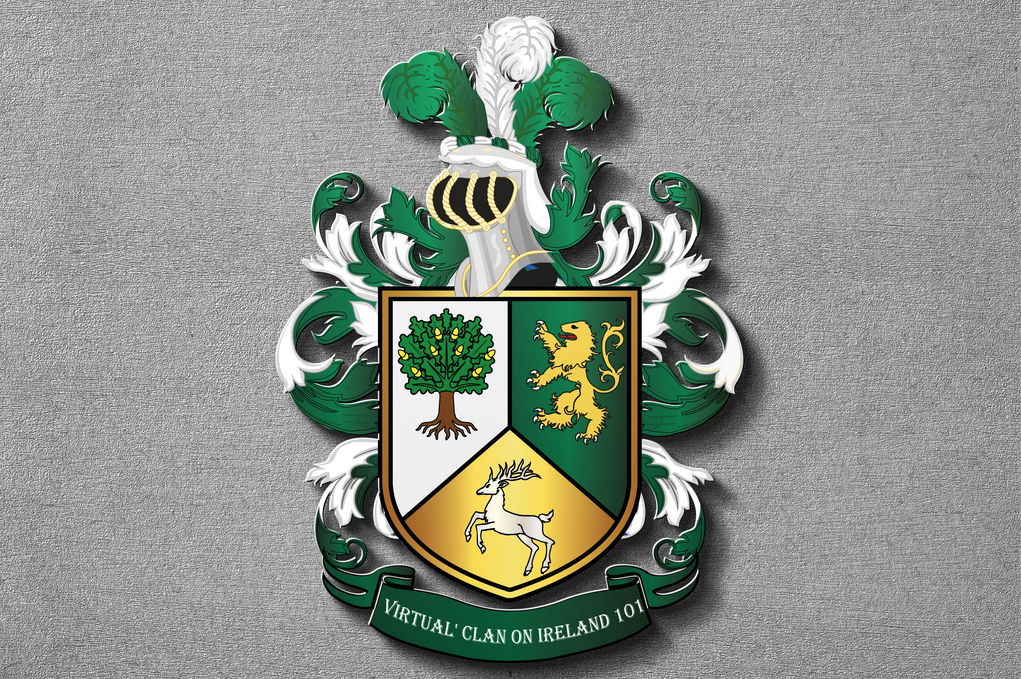

Peter Whitson
Your thoughts?
Pete???
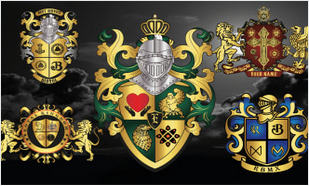

Peter Whitson
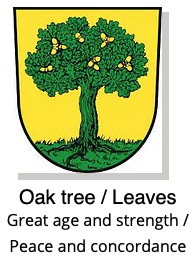

Peter Whitson
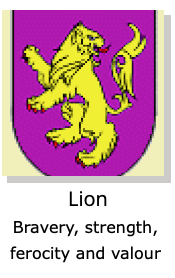

Peter Whitson
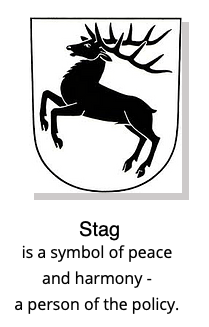

Peter Whitson
Buiochas,
Pete Whitson, Taoiseach 2023/24???
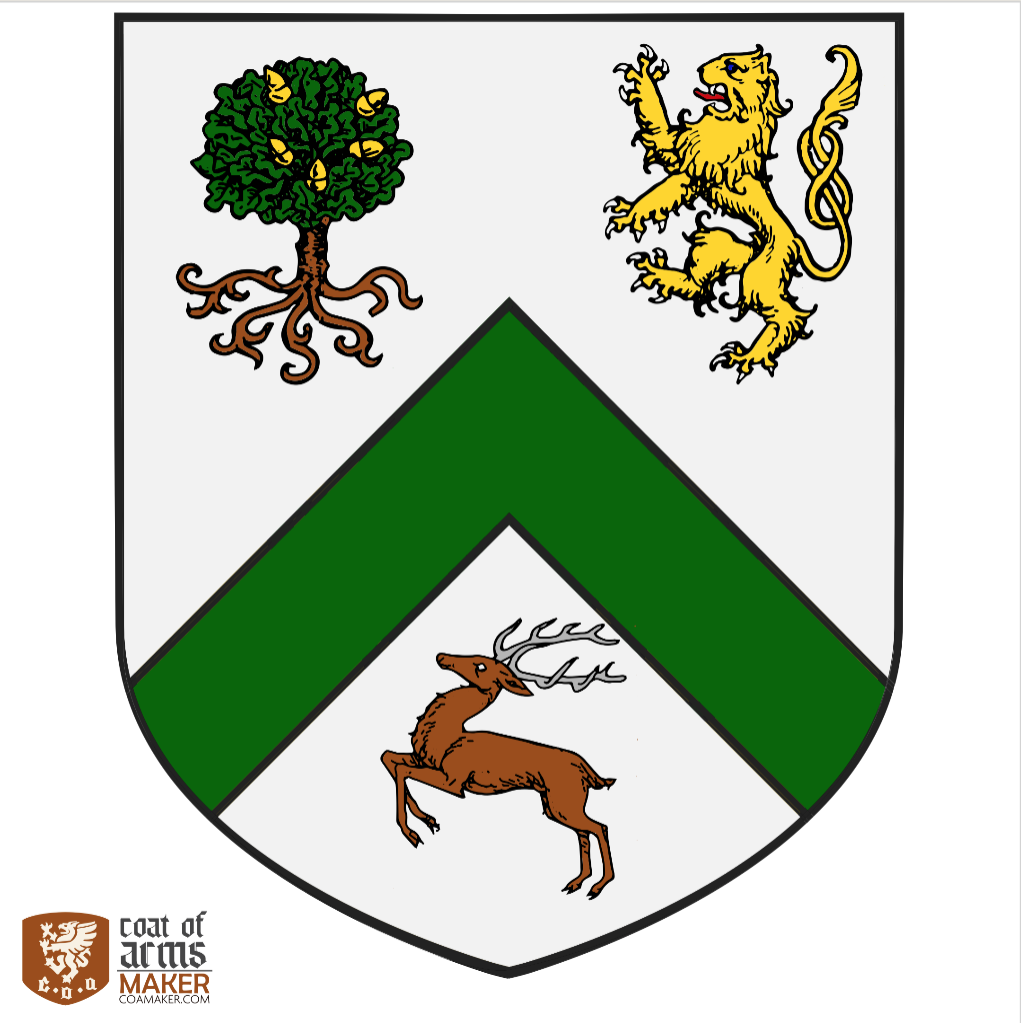

Peter Whitson
https://selectsurnames.com/oconnor/?
?
Peter Whitson
https://www.youtube.com/watch?v=2-5rQQTIjJw??

Peter W. Whitson
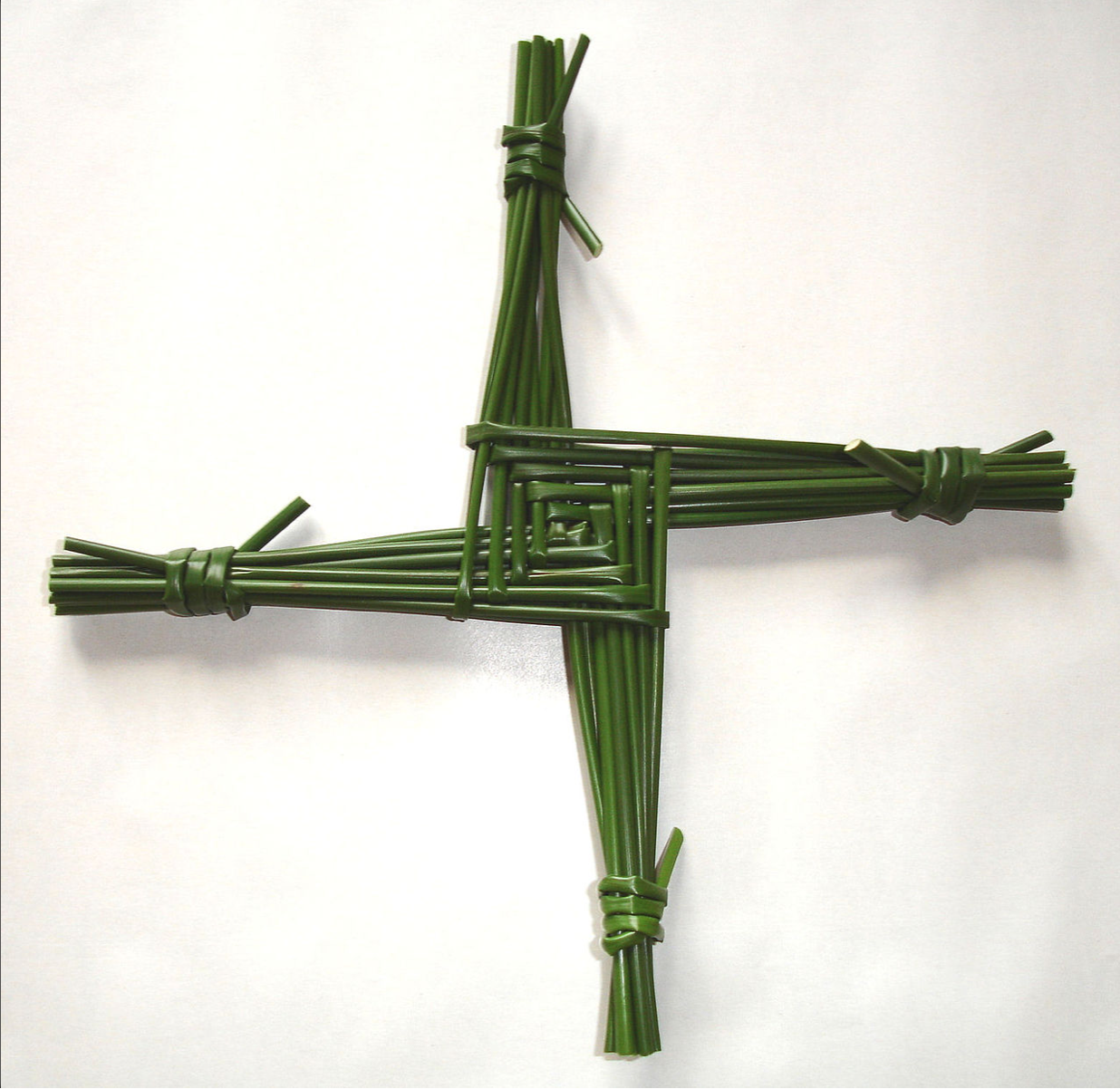

Peter Whitson
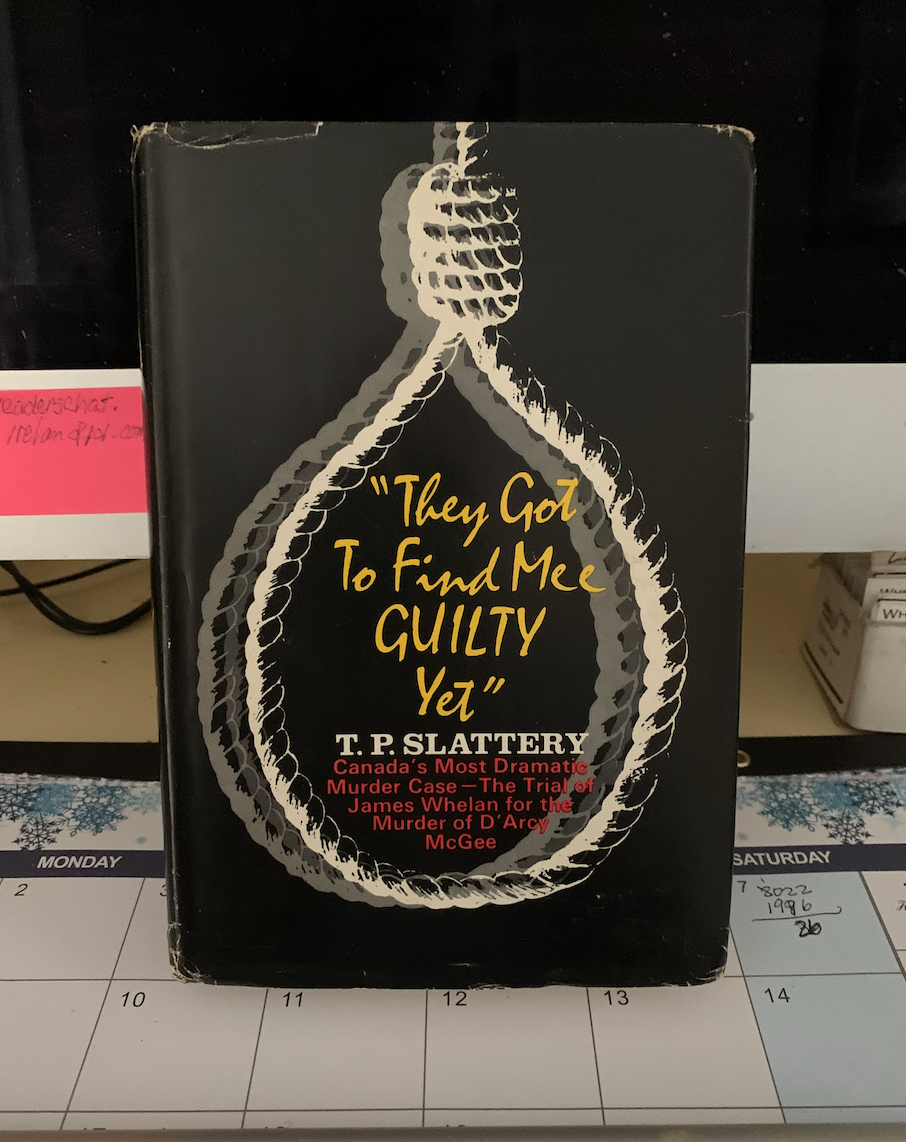

Peter Whitson, grandson o
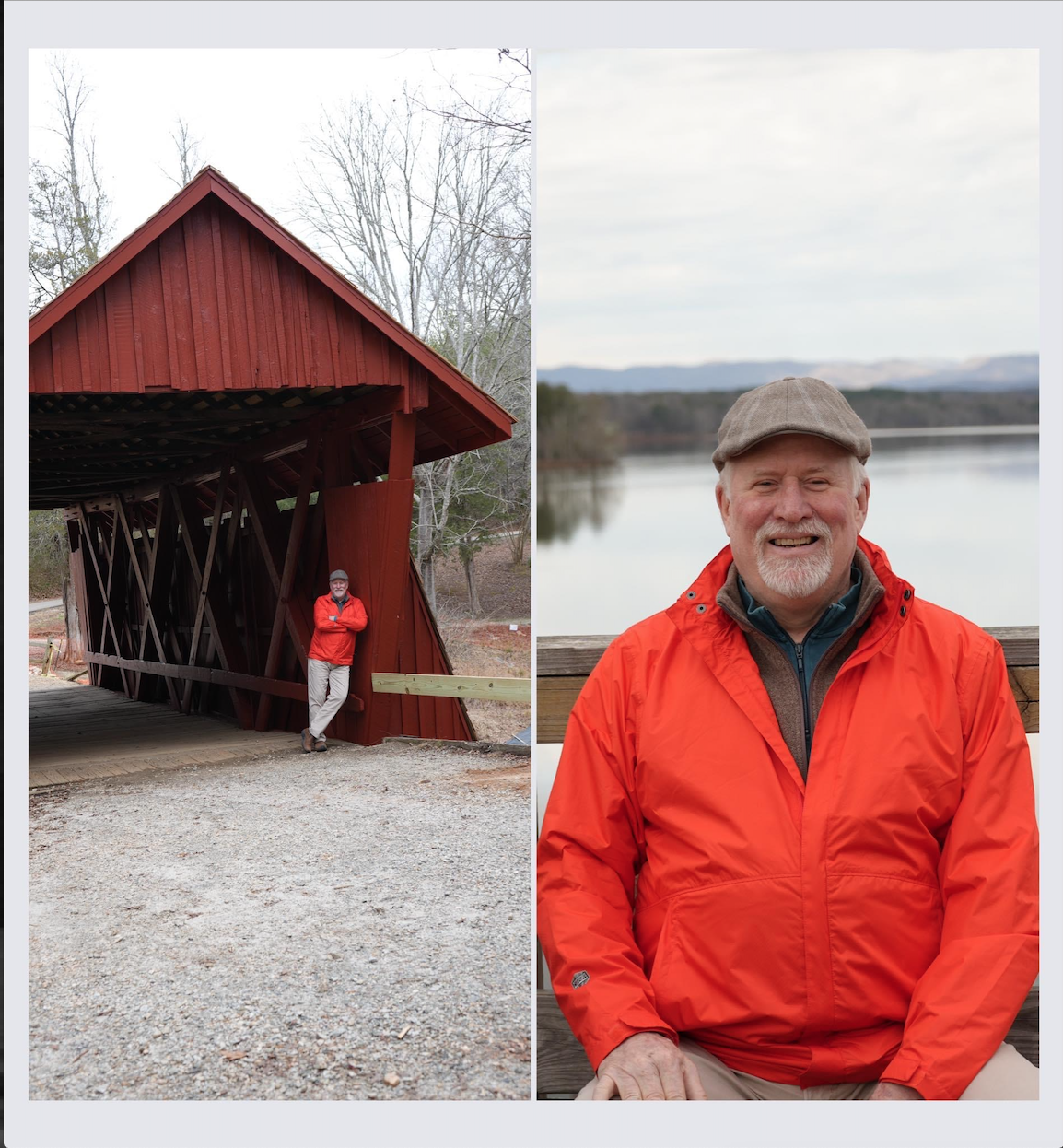

Peter Whitson
Yhis is a rendering (? from a photao ?) of my g grandfather, John. A. Connor. Does anyone in the group recognize the rendering or maybe also have one like it??
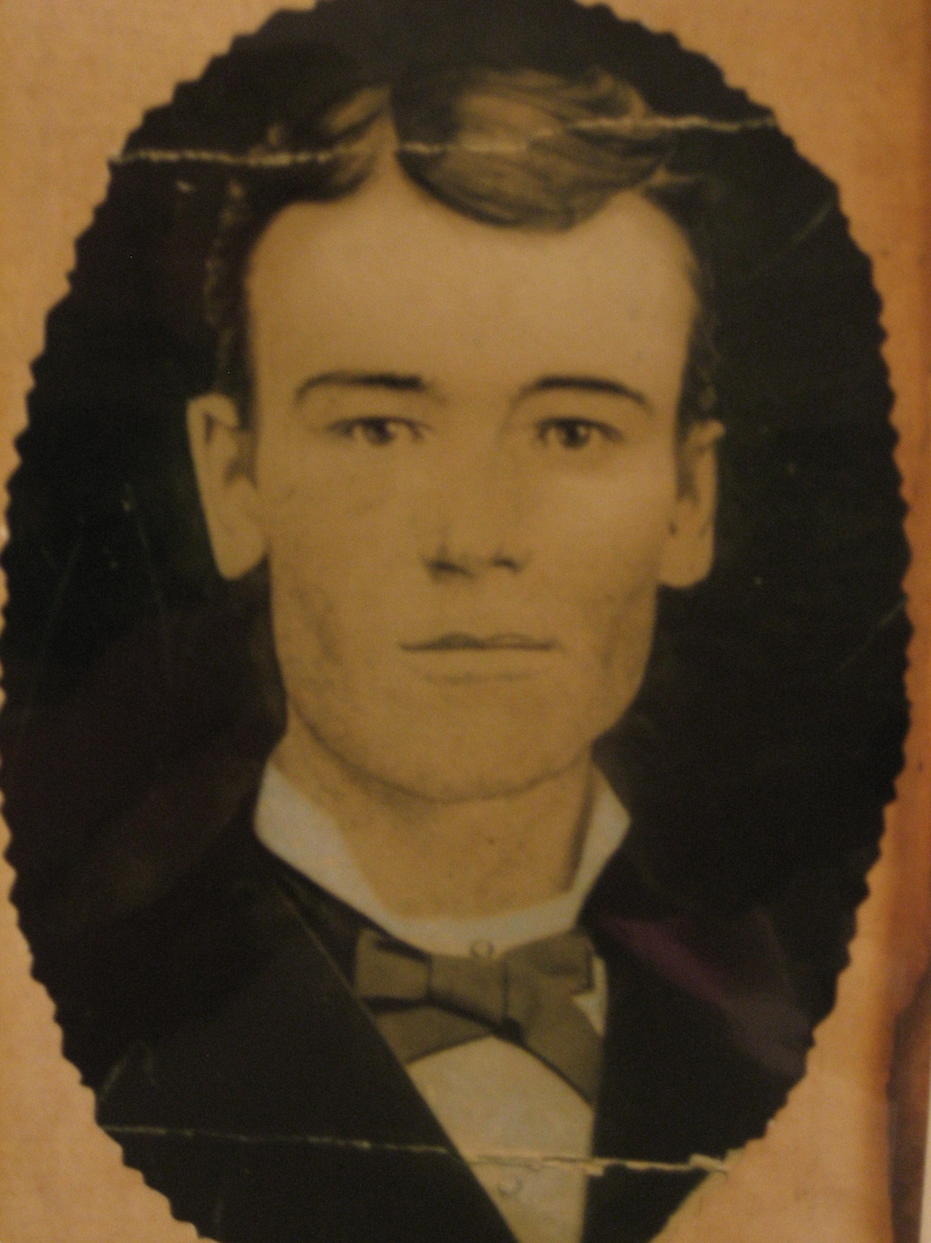

BarbaraJo O'Connor Caisse

Peter Whitson


Chris O'Connor
Greetings to my fellow O’Connor tribe members. I’m
Christopher Dillon O’Connor, I live in Ottawa, Ontario Canada. My Great, Great,
Grandfather John D O’Connor immigrated to Canada from Wexford Ireland in early
1800. I have no evidence or oral family history my family came to Canada to
escape the famine. All evidence leads to my family being Fenian’s.
I have evidence my Great, Great, Grandfather’s wife nee Goulden were members of
the Fenian Brotherhood. In Canada at the time the threat of the Fenian
Brotherhood in the mid 1800s was taken seriously by the Government and used to scare
bills through parliament. It’s the greatest murder mystery in Canadian political
history. Thomas D’Arcy McGee, a Father of Confederation and outspoken opponent
of the Fenians, was assassinated on an Ottawa street in the early hours of
Tuesday, 7 April 1868.
The gun used was traced back to my family. Even so within 24 hours, the Ottawa police
acting on a tip, went to the hotel room (owned by my family) and arrested a
tailor named Patrick James Whelan.
Even though the Fenian’s made several attempts to invade different soft parts
of the British colonies, which these raids continued after the colonies had officially
been confederated into the Dominion of Canada. The brotherhood maintained its goal
of capturing and holding Canada hostage to blackmail the United Kingdom into
giving Ireland its independence for a couple of generations. I still have
memories of a tribe gathering with an official Irish flag from Ireland raised
on a flagpole.
Like all great causes by my generation and my son the fourth generation we have
all maintain our Irish identity in Canada but have let go of the take over of
Canada to become Irish-Canadian with many O’Connor’s proud Canadian military, myself
spending time in the Army Reserve.
What I have found interesting about my O’Connor family is how involved they’ve
been throughout history, but if you don’t know the names and places the family involvement
is underreported. For much of my younger years I thought the O’Connor’s were unremarkable.
It’s taken me years of asking questions and pressing for answers, as the silent
generation quickly fades away.

O'Connor

O'Connor

Donna O'Connor

Mary O'Connor Tossell

simon O:connor

Aaron Conner

Carolie o connor
Areas of Origin for O'Connor
Invite more O'Connor family members!
Write an email address and click 'Invite' to share this page with more members of the O'Connor tribe.
Log in or Register to invite others
Family Coat of Arms Generator
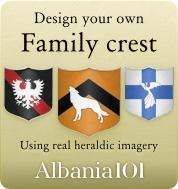
Why not see what your family crest could look like based on your own family characteristics?
Create CrestJoin the Irish Learning Rooms
Show off the O'Connor Family Crest…
Wear your crest with pride...plenty of products to choose from


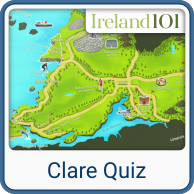
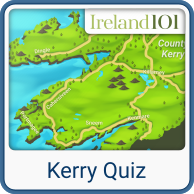
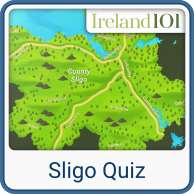
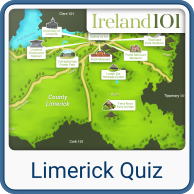
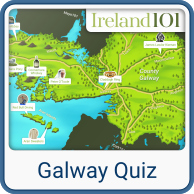
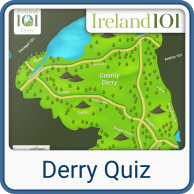
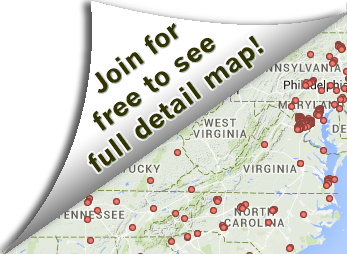
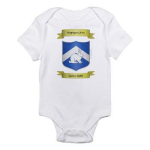
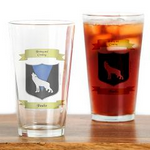
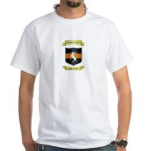
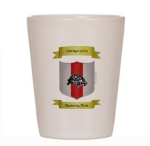
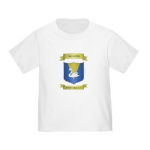
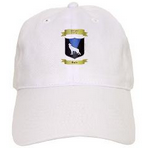
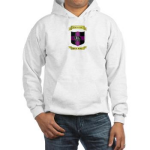
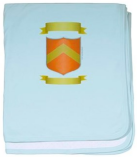
_(2).jpg)
Pete Whitson, May 8th, 2024?